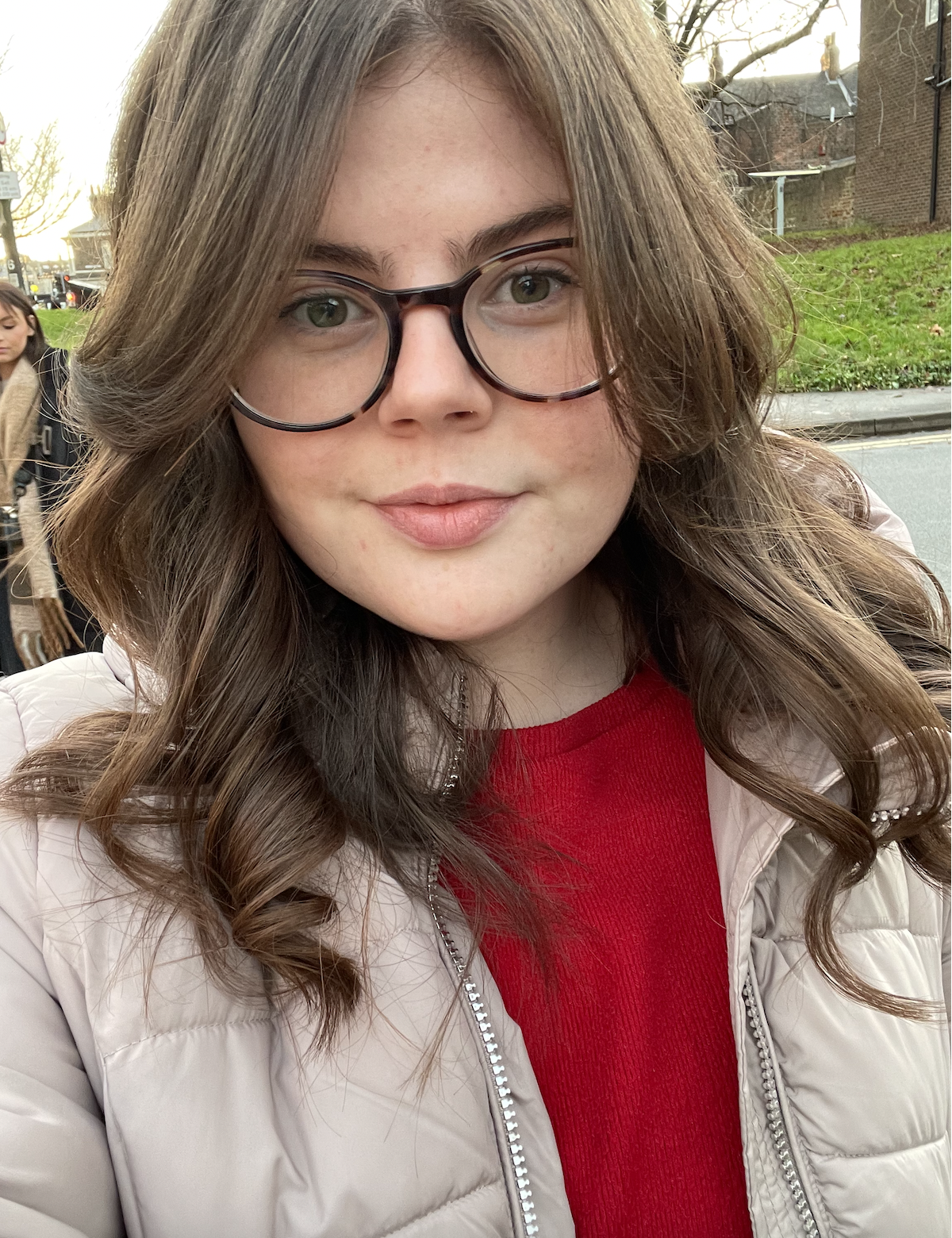A rare genetic mutation could explain why some people feel fully rested on just four hours of sleep. This might help develop new treatments to improve sleep for everyone.

While most adults need 7-9 hours of sleep to stay healthy, researchers have identified a mutation in the SIK3 gene that allows some people to feel fully rested on significantly less sleep; without the usual consequences like fatigue, brain fog, or increased disease risk.
What’s Going On?
Researchers from the Chinese Academy of Sciences (Chen, 2025) say that people with this ‘natural short sleep’ (NSS) mutation show more delta brain wave activity which indicates more deep sleep. These people have less need for sleep and may also feel ‘worse’ if they sleep more.
In lab experiments, mice with the same mutation slept 30 minutes less each night. They also had more deep sleep compared to regular mice.
Why It Matters
Poor sleep is linked to conditions like Alzheimer’s, ischaemic heart disease and obesity.
Scientists are researching how sleep is regulated. If we understand how ‘super sleepers’ get high-quality rest into fewer hours, we could develop therapies or drugs that improve sleep efficiency for the rest of us.


